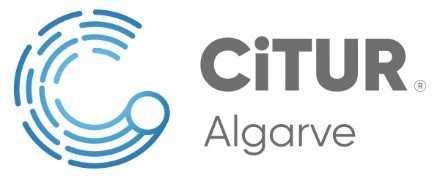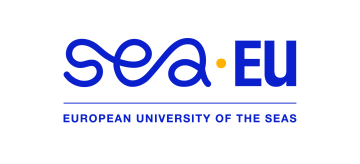
Kate Torkington is Professora Adjunta at the University of the Algarve, School of Management, Hospitality and Tourism. She holds a PhD in Applied Linguistics from Lancaster University (UK), with specialisation in Critical Discourse Analysis. She has been active in international initiatives and internationalisation activities in Higher Education for many years. She is a researcher at CiTUR - Centre for Research, Development and Innovation in Tourism (Portugal) and co-editor of the academic journal Dos Algarves: A Multidisciplinary e-Journal. Her research in the field of lifestyle migration stems from her doctoral thesis, and has led to several publications. She is currently Principal Researcher in a project funded by the FCT on tourism-related lifestyle migration entrepreneurship in rural areas. Her other research interests include: language practices in tourism and migration contexts; migrant identities and place-identities; politics of place; discourses of and about tourism; sustainability practices in tourism.
The Centre for Tourism Research, Development and Innovation (CiTUR) is a R&D unit of the national higher education polytechnic subsystem that brings together 17 institutions (universities and polytechnics), and involves more than 200 researchers. It conducts multidisciplinary and interdisciplinary applied research as well as producing and sharing scientific knowledge in tourism.
It aims to be a leader in applied research, development and innovation and to be recognised by civil society and business for its superior ability to generate and share knowledge in tourism. CiTUR Algarve is one of the six hubs of CiTUR.
Tourism, Culture, Society and Language - It includes the cultural and historical dimensions, the sociological and anthropological approaches to tourism, and the ‘tourism products’ (e.g. culture and religion, heritage, literature, gastronomy and a broad range of the so-called ‘new’ forms of tourism). Ethics and social responsibility in tourism have now become consolidated research topics. Locally-lived language practices also play a major role in tourism and mobility practices.
Ribeiro, F. P., & Torkington, K. (2023). Conflicting discursive representations of overtourism in Lisbon in the Portuguese digital press. International Journal of Tourism Cities, 9(1), 286-301. http://dx.doi.org/10.1108/ijtc-05-2022-0108
Torkington, K., & Ribeiro, F. (2022). Whose right to the city? An analysis of the mediatized politics of place surrounding alojamento local issues in Lisbon and Porto. Journal of Sustainable Tourism, 30(5), 1060-1079. https://doi.org/10.1080/09669582.2020.1849230
Torkington, K., Stanford, D., & Guiver, J. (2020). Discourse(s) of growth and sustainability in national tourism policy documents. Journal of Sustainable Tourism, 28(7), 1041-1062. https://www.tandfonline.com/doi/full/10.1080/09669582.2020.1720695
Baleiro, R., & Coelho-Florent, A. (2023). “I have my eyes fixed ahead”: A contribution to the African literary landscape. Journal of Tourism & Development, 42, 211-223. https://doi.org/10.34624/rtd.v42i0.32691
Baleiro, R, Viegas, M., & Faria, D. (2022). Contributes to the profile of the Brazilian literary tourist. Anais Brasileiros de Estudos Turísticos, 12, 1-14. https://doi.org/10.5281/zenodo.6643908
